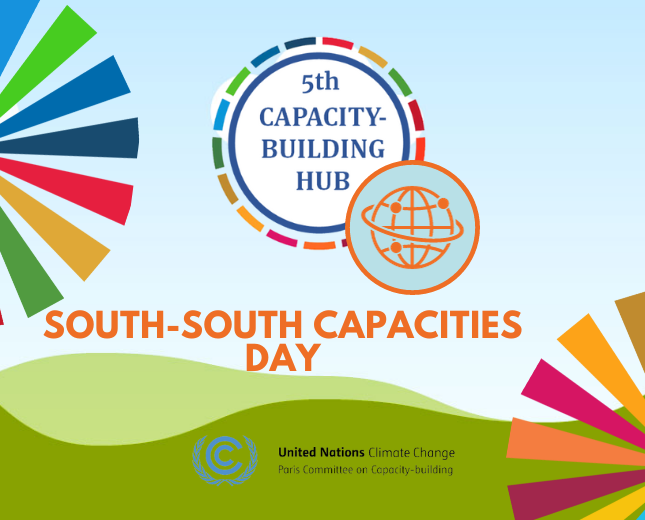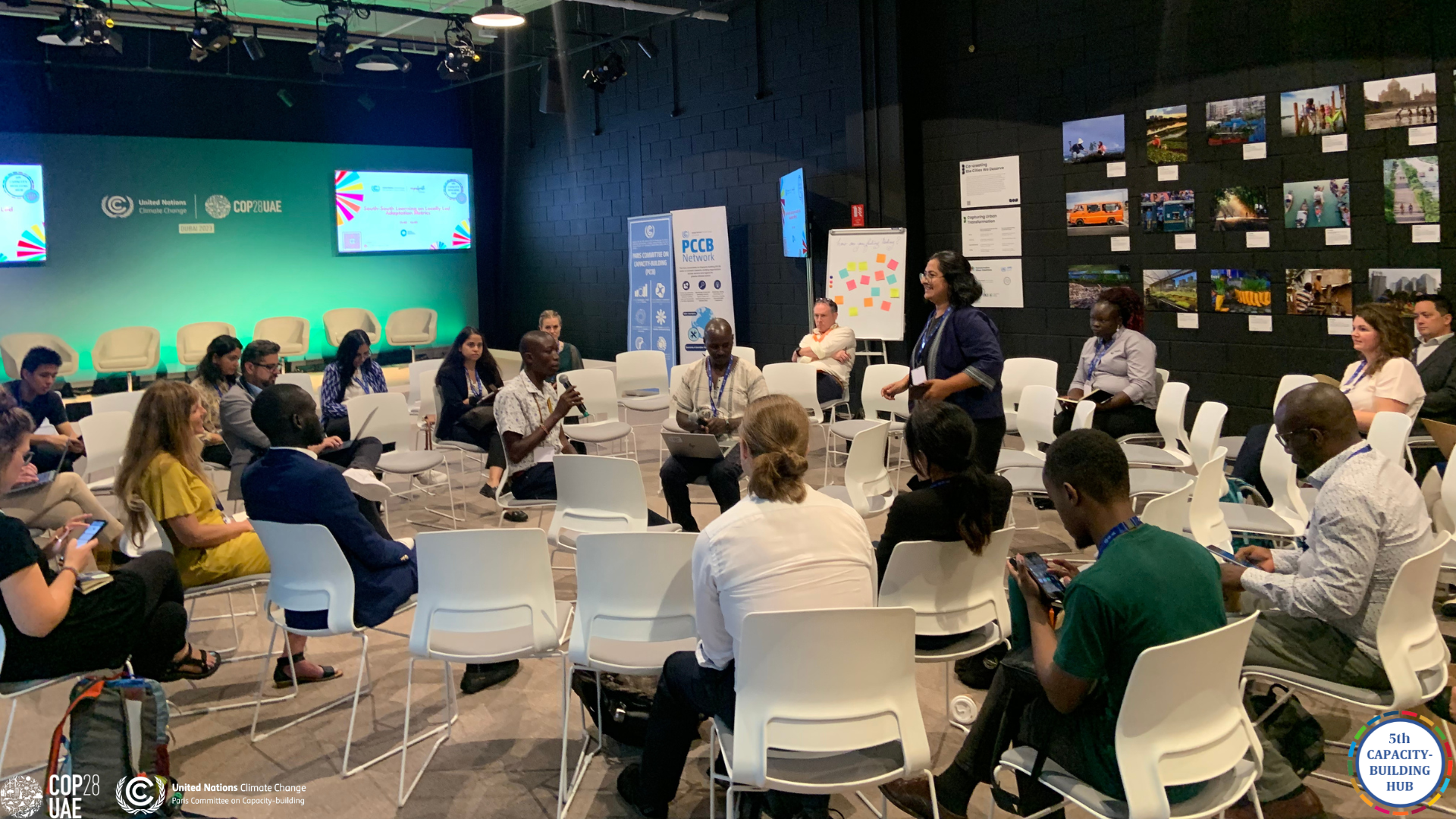Recording
Organizers
This session was organized by Global Resilience Partnership, Climate Development Knowledge Network and Africa Research Impact Network
Background
Local people and communities, especially women, youth, disabled, displaced and Indigenous Peoples, are key producers of resilience evidence and need to be recognised and supported accordingly. The Principles for Locally Led Adaptation have been signed by over 100 organisations committing to place communities at the centre of science, policy, practice, and investment of adaptation, resilience, and development programmes. Further, communities already have the agency to adapt and make decisions in the face of change, but often need the support of evidence in the form of appropriate data, information or knowledge to further strengthen their adaptation capacities.
In light of the Global Stocktake and the Global Goal on Adaptation, it is imperative that Locally Led Adaptation initiatives are measured using approaches that are co-created with communities as partners in the process. This session will draw on the lessons from the EbA Knowledge Day held in September and efforts at the Africa Climate Summit, Resilience Evidence Forum and other global and regional events to amplify this need for Locally Led Adaptation Metrics. While there are learnings and opportunities from countries of the Global South, there is a need for appropriate platforms to co-create and facilitate discussions on what are the key strengths, gaps and evidence bases that we can build upon for Locally Led Adaptation Metrics across the Global South.
Objectives
- Highlighted and amplified the need for Locally Led Adaptation Metrics in light of the GST and the GGA
- Peer-to-peer learning and South-South knowledge exchange on efforts to measure locally led adaptation
Structure
| Time |
Segments & Speakers |
| 5 mins |
Opening remarks
Speaker-Hon. HE Wilburforce Otichillo
|
| 5 mins |
Lessons from the EbA Knowledge Day
Speaker-Nadia Sitas
|
| 5 mins |
Lessons from existing efforts – LLA Metrics in East Africa
Speaker-Charles Tonui
|
| 5 mins |
Nature-based solutions positioning of Youth in Africa, with examples of Locally-led initiatives
Speaker-Aiita Joshua Apamaku/ EnACT
|
| 35 mins |
Moderated Fishbowl (2-3 rounds)
Moderator-Shuchi Vora
|
|
Closing remarks
Speaker-David Gonzalez
|
Key Outcomes
- Local communities are users and producers of knowledge and evidence. Communities are already adapting and Locally Led Adaptation (LLA) Principles call for strengthening this agency of communities by devolving power in governance and finance at the community level.
- Locally Led Adaptation is also where ecosystem-based adaptation occurs, and climate adaptation and biodiversity loss are being addressed already. Communities that are disproportionately impacted by climate change also are most dependent on nature. Therefore, rights-based approaches to ecosystem-based adaptation at the local level should be recognised, respected and strengthened with evidence from science a
- As climate financial support for LLA initiatives such as through the World Bank funded Kenya’ Financing Locally Led Climate Actions (FLoCCA) becomes increasingly linked to results, there is an urgent need to develop reliable metrics and management tools that can be used to monitor progress and reporting as agreed in the Paris Agreement. This is also important for the 2023 Global Stocktake and development of methodology for the Global Goal on Adaptation from global south.
- Learning itself is a praxis with respect to MEL for LLA. This means that the process of learning, the negotiation of rights and the trust or relationship between communities and the local institutions should be considered as important impact indicators in themselves.
Resources
Resilience Evidence Forum Synthesis Report
Locally Led Adaptation Metrics for Africa (LAMA)

